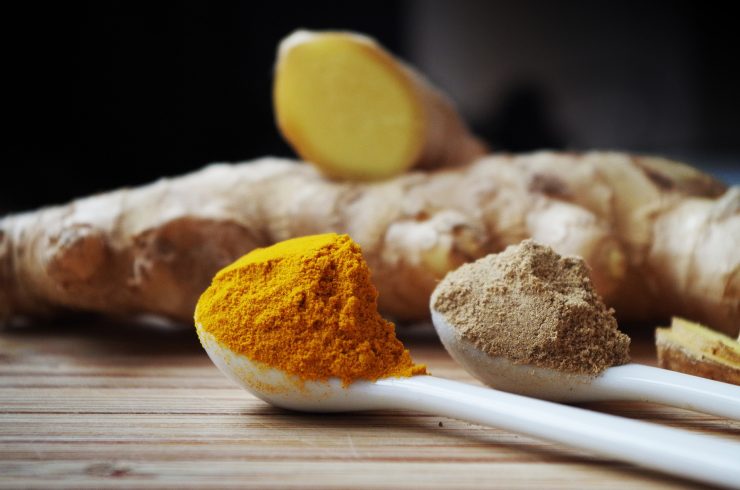Both your body and your brain can benefit greatly from turmeric. The majority of turmeric’s health advantages come from curcumin, which gives spice its distinctive yellow hue.
Curcumin has had positive results in numerous preclinical studies treating cardiac disease, arthritis, Alzheimer’s disease, gastrointestinal diseases, and metabolic syndrome. This is brought on by the potent anti-inflammatory and antioxidant effects of curcumin.
What possible health advantages does turmeric have?
Turmeric can have considerable health advantages when used sparingly:
Curcumin has potent anti-inflammatory qualities and can be just as effective as anti-inflammatory drugs without the negative side effects. By reducing chronic inflammation in joints and wounds, it can help to minimize bruising, pain, and discomfort. Turmeric can be used to treat disorders including rheumatoid arthritis, inflammatory bowel disease, and pancreatitis because inflammation is frequently the origin of some chronic diseases.
Pain relief: Curcumin helps lessen the discomfort brought on by inflammatory bowel disease and rheumatoid arthritis.
Turmeric has potent antioxidant capabilities that shield the body from free radicals, which can harm healthy cells. It can slow down the aging process, increase metabolism, and lower the risk of heart disease, cancer, cataracts, glaucoma, and macular degeneration, among other conditions (age-related eye changes).
Booster of the immune system: The natural antiseptic, antibacterial, antiviral, and antifungal properties of turmeric work to protect the body from illness by boosting the immune system.
Reduces cancer risk: Studies have shown that turmeric can kill malignant cells, preventing cancer at the molecular level from growing, developing, and spreading. Particularly in the treatment and prevention of cancers of the digestive system, such as colorectal cancer, turmeric may be quite important. Additionally, it can aid in reducing the impact of cancer-causing chemicals in processed foods.
Reduces the risk of heart disease: Curcumin’s anti-inflammatory and antioxidant qualities may help to protect against cardiovascular problems and heart illnesses. Low-density lipoproteins (LDL), or bad cholesterol, are also decreased by curcumin, reducing atherosclerosis. Curcumin delays the onset of type 2 diabetes, preventing it. Combining metformin and turmeric pills may help type 2 diabetics control their blood sugar levels.
Alzheimer’s disease prevention: Curcumin reduces the accumulation of amyloid plaques, which are protein tangles connected to the illness.
Reduces depression: Curcumin increases levels of neurotrophic factors and the neurotransmitters dopamine and serotonin in the brain, which can all benefit patients with depressive symptoms.
Digestion aid: Turmeric encourages the gallbladder to generate bile, which improves the effectiveness of the digestive system. Additionally, turmeric promotes enzymatic processes, acid generation, proper nutrition absorption in the gut, and helps lessen bloating.
Liver detox: Turmeric can boost the synthesis of crucial enzymes that aid in the liver’s ability to break down and remove pollutants. By enhancing blood circulation, turmeric also supports healthy liver function.
Enhances joint health, prevents bone loss, and maintains bone tissue with the help of curcumin supplements.
Favors healthy skin: Turmeric’s anti-inflammatory, antibacterial, and antioxidant effects could benefit:
- Avoid acne
- radiance to dark circles
- Add a healthy glow
- Heal injuries
- fewer scars
- Reduce psoriasis and eczema
- postpone wrinkles
When consumed alone, turmeric does not readily enter the body. Black pepper, which has a substance called piperine that increases the body’s absorption of turmeric, should be ingested along with turmeric in order to get the most health advantages as you can with TurmericRESTORE. More curcumin is absorbed by the body when turmeric is cooked in oil.











